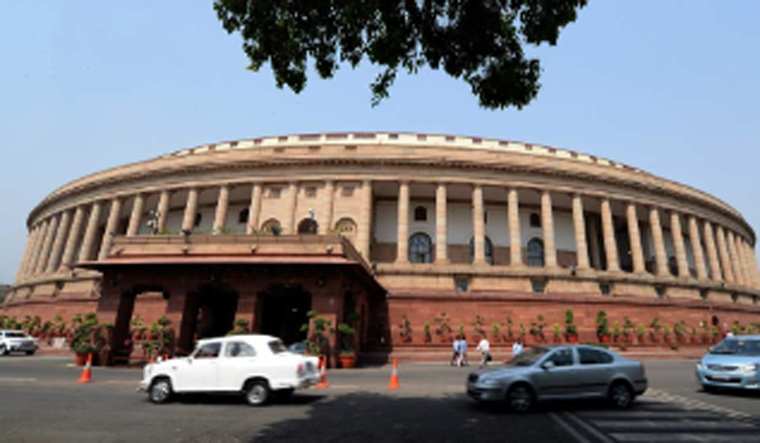Had the no-confidence motion against the Narendra Modi government, and the impeachment motion against the Chief Justice of India been taken up in the current Budget session, the session would have had a place in the history books. While the speaker did not allow the no-confidence motion owing to repeated protests in the house, the impeachment motion could not go beyond the discussion stage due to differences among the opposition. Had the impeachment motion been taken up, it would be the first against a sitting CJI.
However, the conduct of political parties in the just concluded Budget session showed that everyone is gearing for the election season that would culminate in 2019 Lok Sabha polls. The Congress and its friends protested against the government on the PNB fraud; TDP and YSR Congress made special status for Andhra Pradesh their prime issue, while Tamil Nadu-based parties focused on Cauvery water dispute during the last one month of the session.
The productivity in the first part of the Budget session was 134 per cent. For the second half, which started on March 5, the productivity dropped to a measly four per cent. In case of Rajya Sabha, productivity in the first half was 96 per cent, and mere eight per cent in the second part.
According to PRS Legislative Research, the just-concluded Budget session was the least productive one the Parliament saw in the past 18 years, with the least amount of time spent by both the houses debating the Budget, since 2000.
There are currently 68 bills pending before the Parliament.
During this session, on an average, Lok Sabha worked for 21 per cent of its scheduled time, while Rajya Sabha worked for 27 per cent. So far, in the 16th Lok Sabha, the average productivity was 85 per cent, and that of Rajya Sabha 68 per cent, the PRS said.
The no-confidence motion was first proposed by the YSR Congress and the TDP, and later followed by the Congress. Several MPs gave notices to move a no-confidence motion against the government. However, due to disruptions, the motion was not admitted. This was the first time a notice to move a no-confidence motion was given in the 16th Lok Sabha. A no-confidence motion was also moved in the 15th Lok Sabha (2013), but was not discussed. In the 14th Lok Sabha, a no-confidence motion was converted to a confidence vote, which the government won.
If the opposition numbers and confidence grew in the Lok Sabha as they added four more seats in the bypolls, the BJP gained strength in the Rajya Sabha as it numbers rose to 67 from 58 after the latest round of elections. The BJP is the single largest party in both the houses of the Parliament.
The fight in the Lok Sabha will now spill over to the streets. All BJP MPs will observe a one-day fast in their respective constituencies on April 12 against the Congress’ disruptionist stance inside the house. Meanwhile, the Congress would observe nationwide fast on April 9 as the communal harmony day to hit out at the saffron party.
In a bid to reach out to the dalits, BJP MPs and other leaders will spend a night between April 14 and May 5 in over 20,844 villages with over 50 per cent population of scheduled castes and tribes to inform the masses about the Centre’s various measures aimed at their welfare. The party will also take out a ‘Sabka Saath Sabka Vikas Yatra.’
The two Andhra parties will also be taking their fight to the people. YSR Congress MPs submitted their resignation to the speaker on the last day of the budget session, daring the TDP to do so. The TDP after laying a siege in the parliament, held a dharna inside Speaker Sumitra Mahajan's chamber to register their protests.


